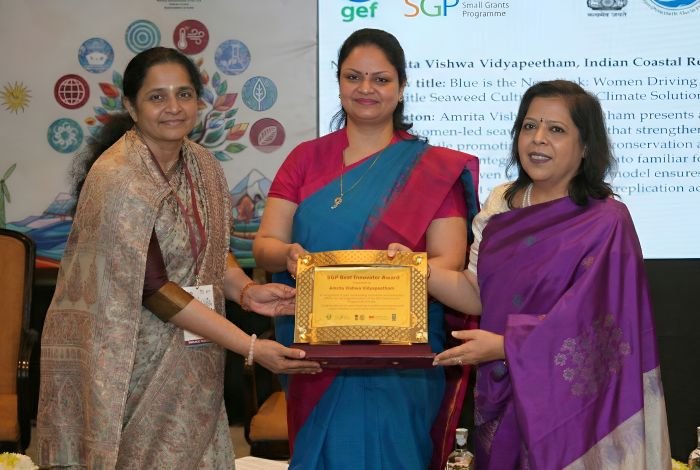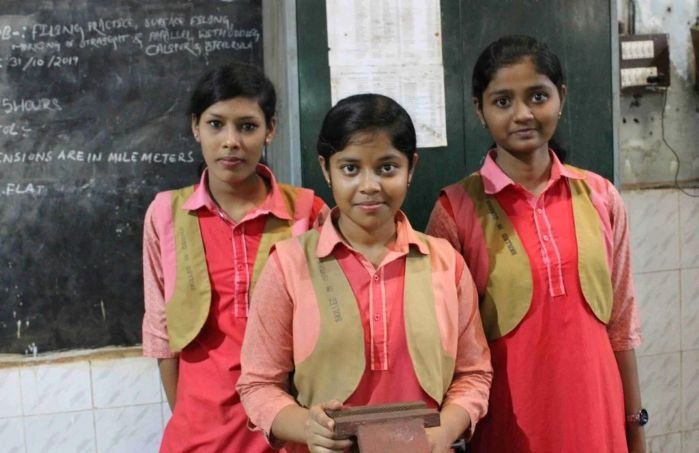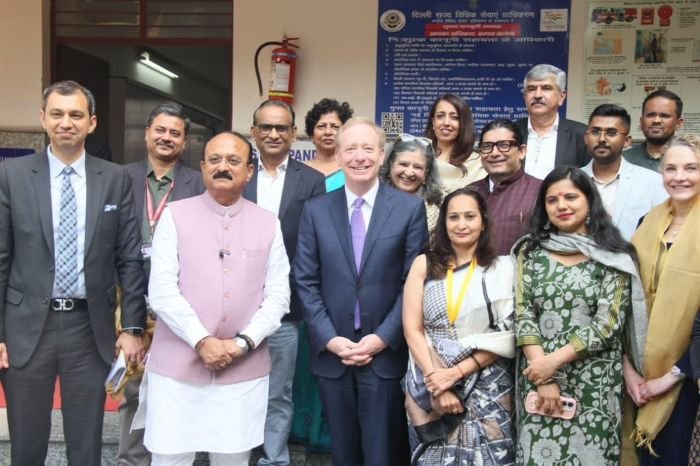
India’s image took a beating by such negative coverage
The deluge of covid cases in the second wave of Covid-19 pandemic that virtually crippled the healthcare system in many parts of India and was an extraordinary health emergency leaving thousands dead and devastated large number of families, became a global news for several days together in April-May 2021. A section of foreign media intensely covered the outbreak and human tragedy often with heart wrenching pictorials.
Many people in India began to see this as a malicious campaign aiming at maligning country’s federal government for its handling of the situation. People started to compare how these media outfits covered human disasters and other ‘defamatory’ stories of their own countries and concluded that when confronted with similar situations back home, these organizations make it look less severe and soft. Now a government run institution has come up with confirmatory survey of such perceptions.
Indian institute of Mass Communication (IIMC), a public institution under the ministry of Information & Broadcasting providing specialized media programs from six locations in India with New Delhi as its main campus, has released findings of a survey carried out by it on the way western media covered India’s second wave of covid pandemic. Based on 529 responses from Indian media persons who included journalists, media scholars and media educators, the survey found that 82% of these respondents believed that the coverage of Covid-19 pandemic in India by a section of the Western media is ‘biased’. The respondents were mainly from print, digital and broadcast media. A total of 69% said India’s image took a beating by such negative coverage, while 56% said such coverage must have negatively influenced the opinion of the Indians living abroad.
A majority of 60% media persons believe that the Western media had an agenda of tarnishing the image of India when they covered Covid-19 pandemic in India, while 71% said the stories lacked a balanced narrative.
According to Prof. Sanjay Dwivedi , Director General this survey was conducted by the outreach department of institute in June 2021 and one of the objectives of the study was to understand when did the Western media campaign against India actually start.
Maximum respondents, 38%, believe that it started during the second wave when India was busy fighting the worst spell of the pandemic, while 25% believe it started with the first wave itself. However, a significant number of media persons said that the negative campaign against India started after India announced successful trials of the Covid-19 vaccine (21%) and after India started its ‘vaccine diplomacy’ (17%).
This study also tried to know the possible reasons behind the Western media’s biased coverage of the pandemic in India. A total of 52% blamed international politics for it, while 47% cited internal politics in India, 34% said interest of pharma companies at international level, and 21% said regional politics of Asian region was responsible for it.
An interesting fact that emerged during the study was that majority, 63%, respondents said they didn’t forward or share on social media the stories of Western media that maligned India’s image at the international level.
A total of 54% respondents said they frequently followed international media’s coverage about India – of these, 22% read international publication directly, while 33% read such foreign media coverage when Indian media published them. Meanwhile, 36% said they followed international media but not quite regularly. When asked how did they access these Western publications/media, they said they used multiple platforms but indicated their preferences as Google News suggestions (59%), YouTube and Twitter (both 40%), Facebook (34%) and Instagram (27%).
However, the findings are not clear if journalistic standards within the country have fallen and how most local media organizations failed to report the depth and magnitude of the crisis that befell on country’s citizens.








